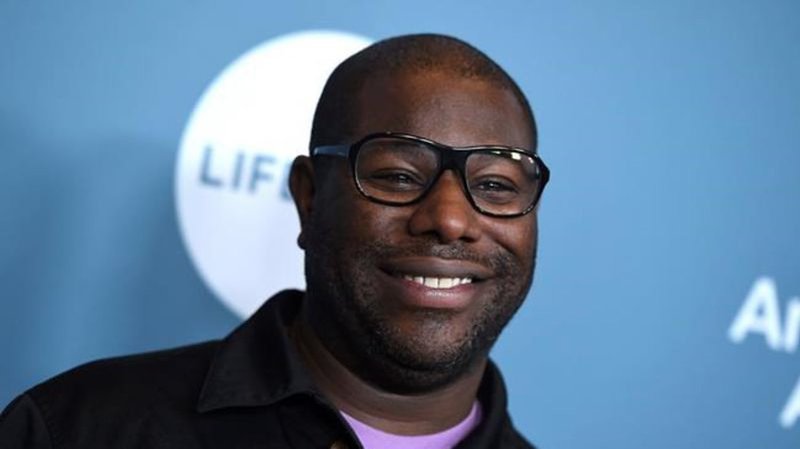
Steve McQueen unveils an anthology of racism and resistance
NEW YORK — In a movie year mostly lacking big, ambitious releases, Steve McQueen’s “Small Axe” anthology is an unqualified main event. While many other filmmakers are on hold, the “12 Years a Slave” director has raced to finish not one but five new films.
The movies, spanning 1968 to 1985, are each individual stories about the West Indian community in London. They are testimonies of resistance. Each tale resurrects a chapter of recent history to illuminate the daily oppressions of institutional racism and the struggles against it — in courtrooms, in all-white police precincts, in segregated schools.
“These are stories that have made my life possible as an artist, as a British Black man,” McQueen, who was born in West London to Grenadian parents, said in an interview from London. “You look back to look forward, and also to judge how far we’ve come.”
The scope of McQueen’s achievement has been gradually coming into focus during the New York Film Festival. As of Friday, three of the films will have bowed (two had been set to premiere at the cancelled Cannes Film Festival). All will play on the BBC and Amazon in November. For the filmmaker of “Hunger,” “Shame” and “Widows,” “Small Axe” is a shattering masterwork — a compendium, both damning and celebratory, of Black resilience.
